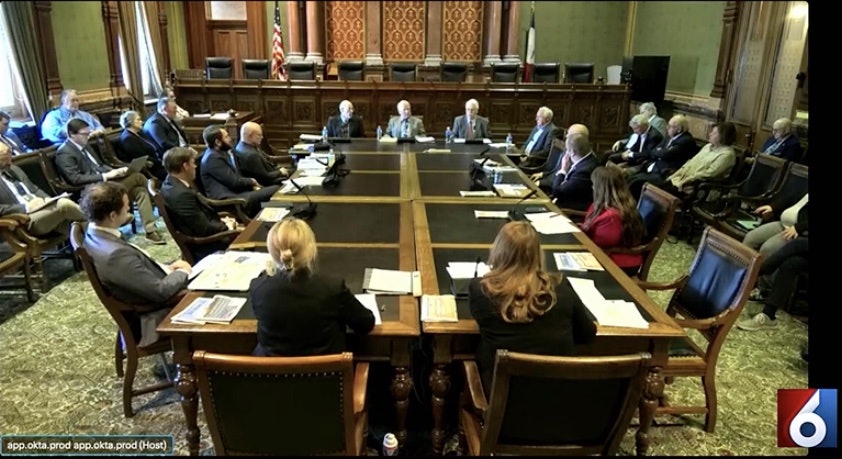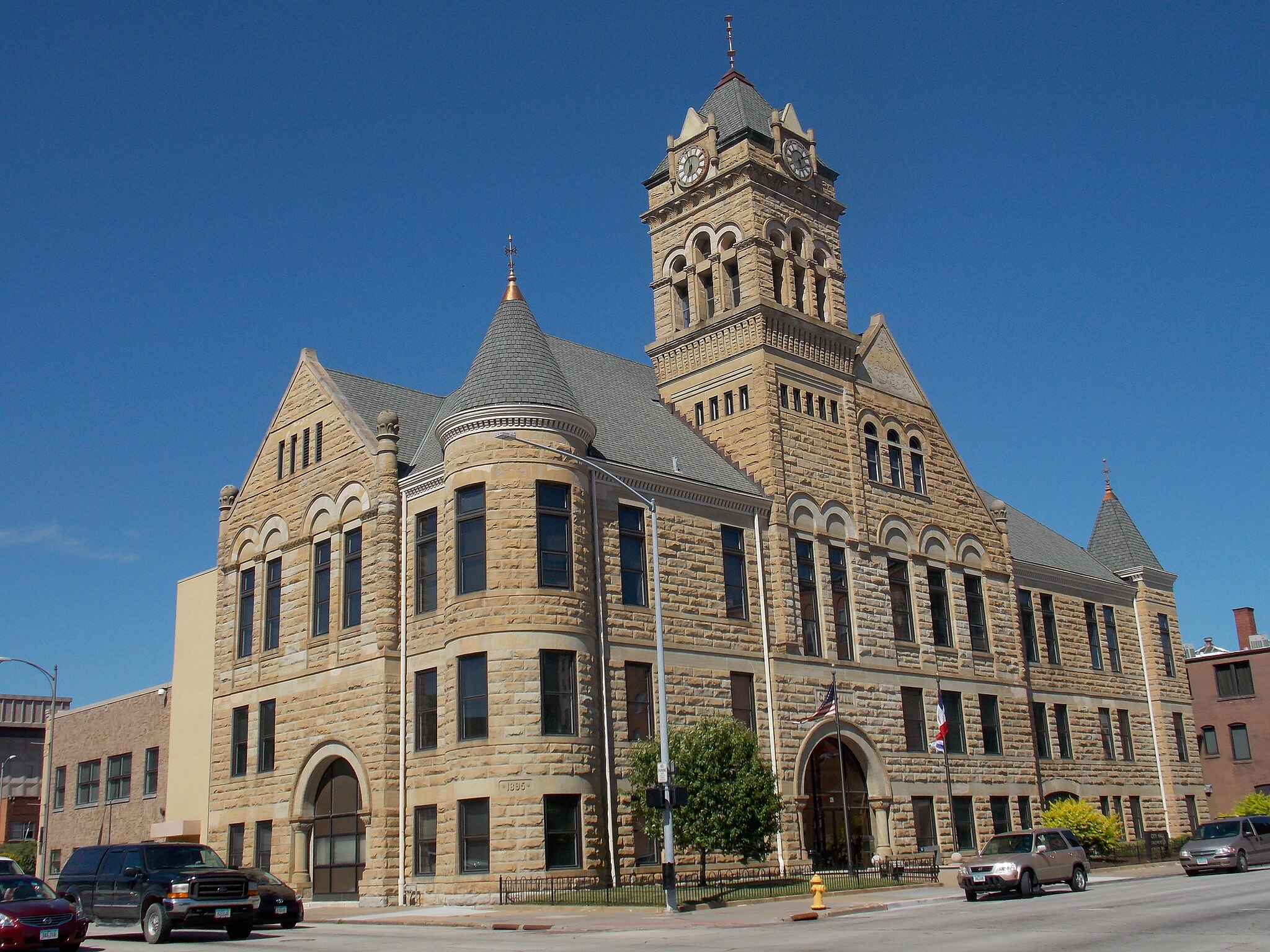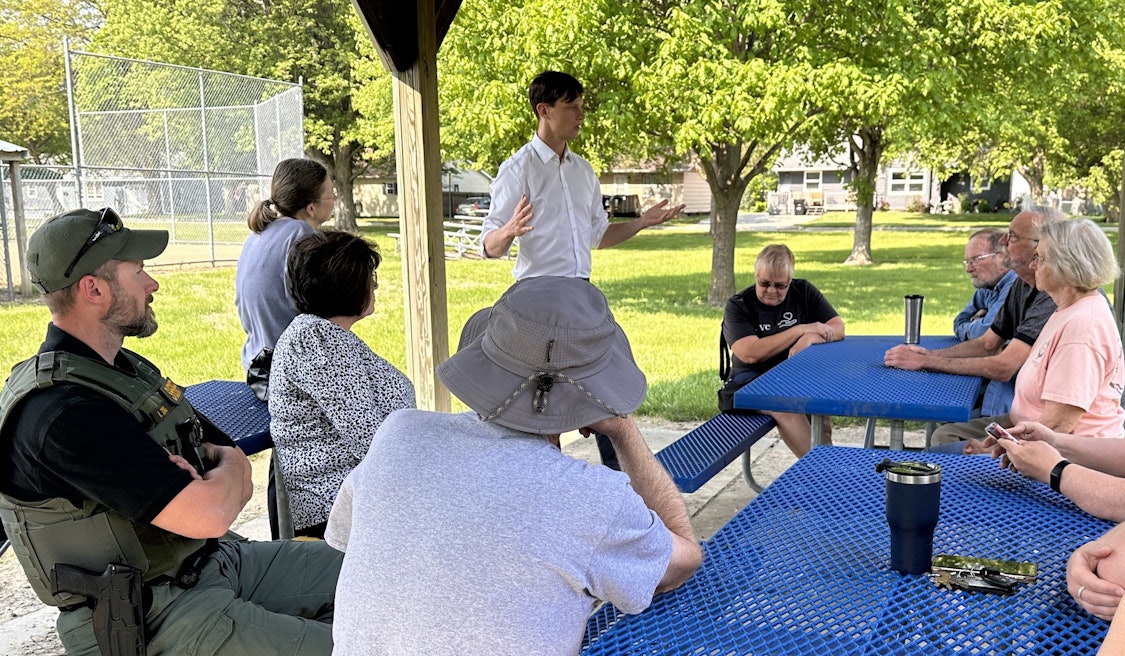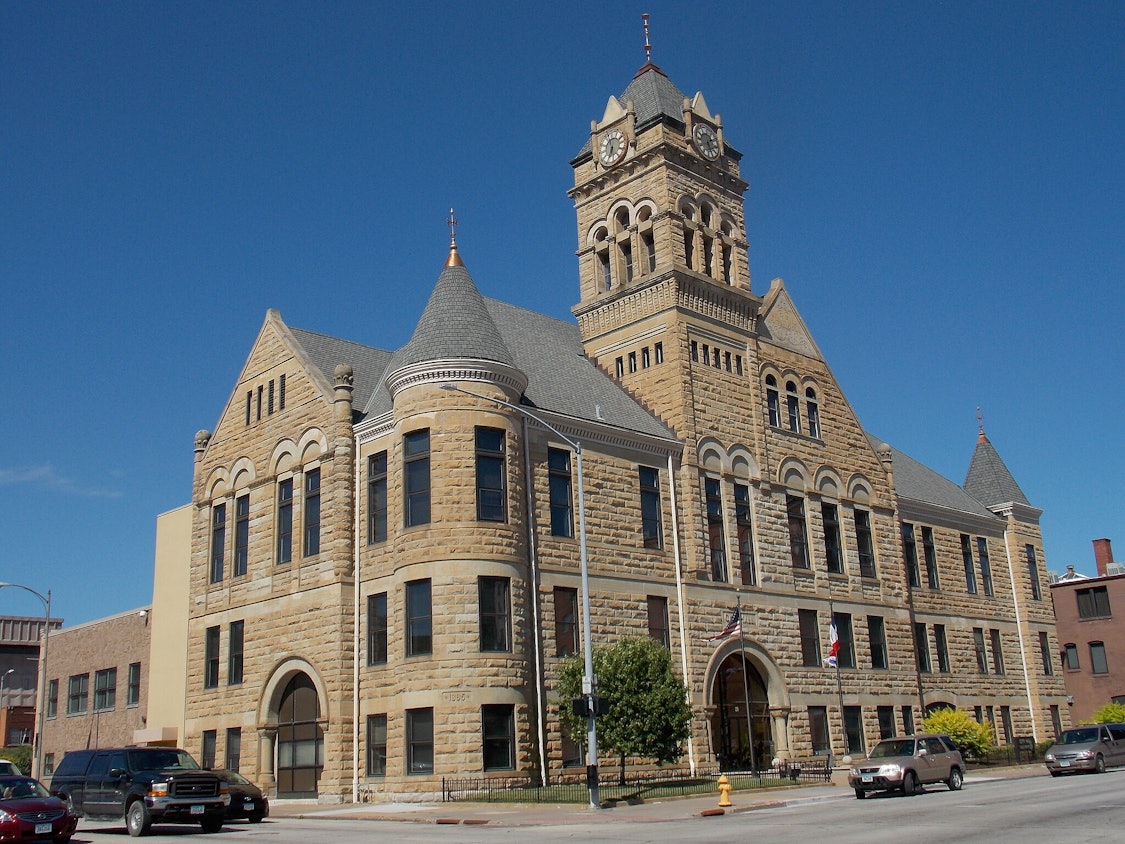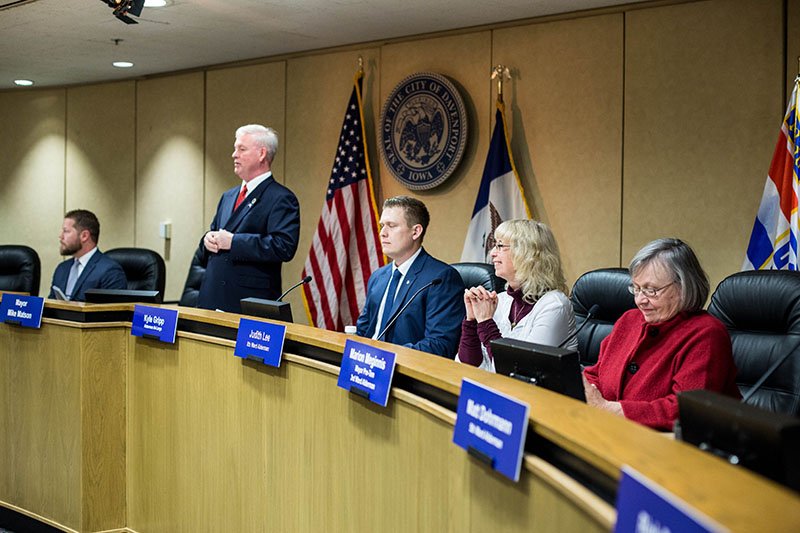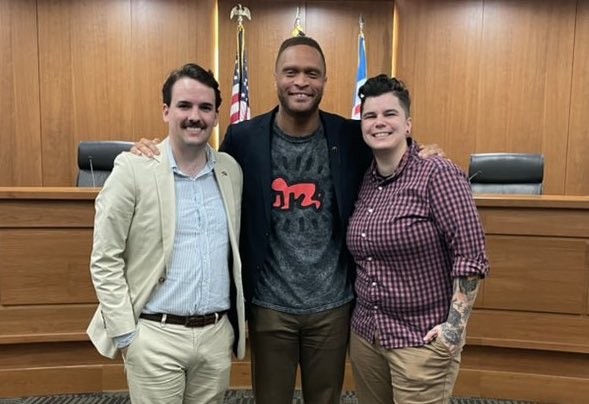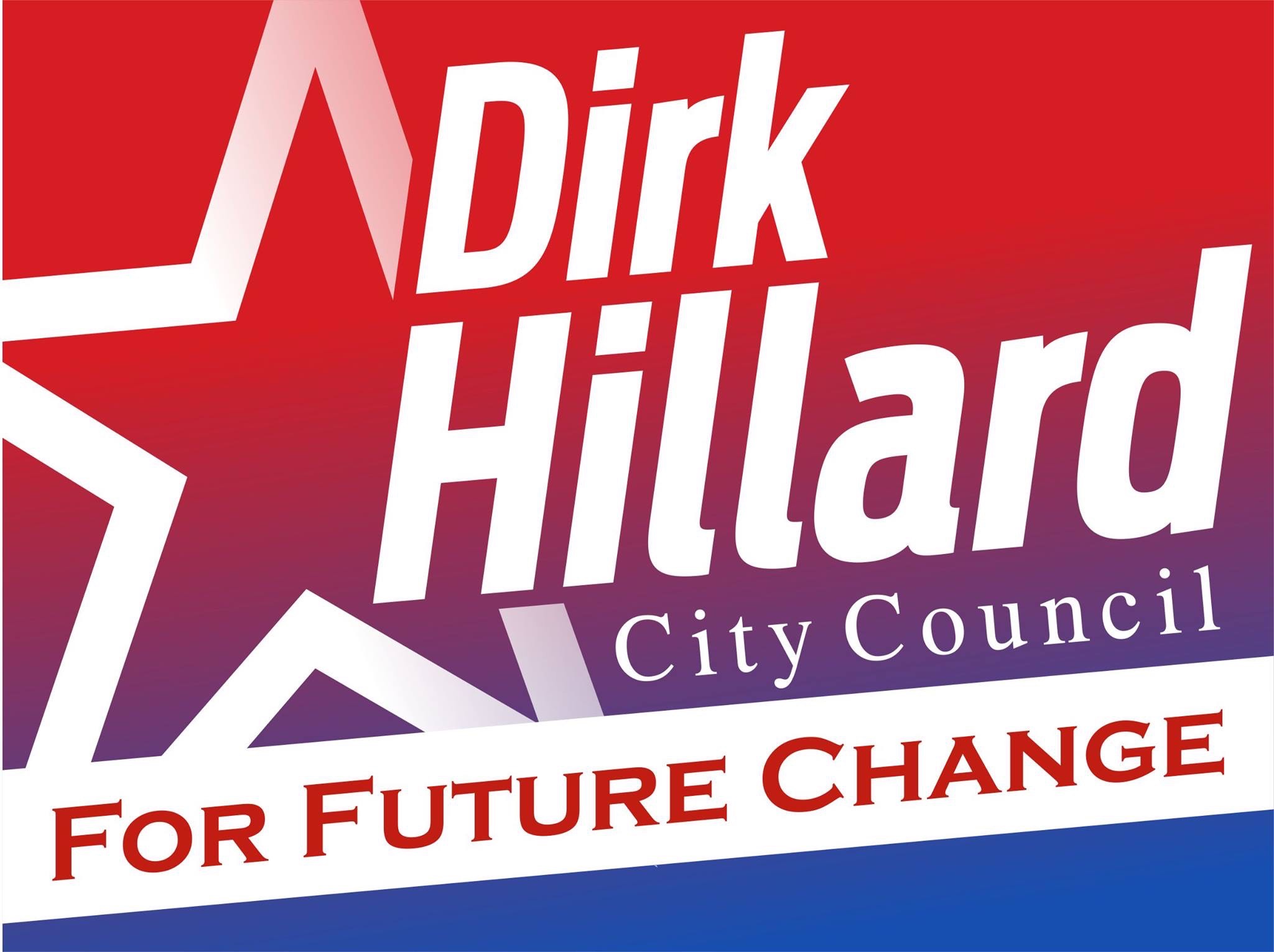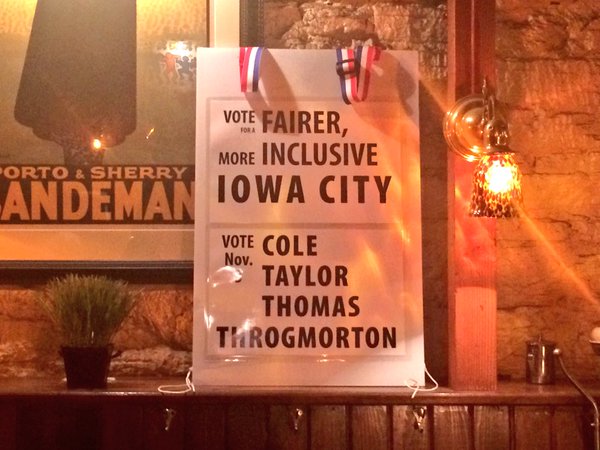For Immediate Release: October 13, 2009
Contact:
Eric Nost, Environment Iowa, 515-243-5835,
enost@environmentiowa.org Frankie Sturm, 202.216.9723,
press@trumanproject.org Christina Angelides, 617.233.5948,
cangelides@nrdc.org
Operation Free Veterans for American Power Bus Tour Crosses Country to Discuss Climate Change and National Security Threats
Iowa—Military veterans are traveling across the country on a 21-state tour to talk to citizens and local community leaders about the dangers of climate change and its threat to national security. The tour will make stops in Iowa on Thursday, October 15th.
The tour is sponsored by Operation Free, a coalition of veterans and national security groups working together to raise public awareness about national security threats posed by climate change and the importance of building a clean energy economy that is not tied to fossil fuels.
Operation Free and its members are encouraging Congress to pass energy legislation that cuts carbon pollution, develops clean energy incentives, and puts America in control of its energy future.
For more information about the tour, visit the Operation Free Veterans for American Power Bus Tour website (http://www.operationfree.net/on-the-bus/).
Schedule
Veterans will host a press conference and meet and greet with local veterans and citizens in the following cities:
Des Moines
WHEN: Thursday, October 15, 12:30 PM
WHERE: Fort Des Moines Museum, 75 E Army Post Rd, Des Moines, IA
Iowa City
WHEN: Thursday, October 15, 4:00 PM
WHERE: VFW Post 3949, 609 Highway 6 E, Iowa City, IA
Davenport
WHEN: Thursday, October 15, 6:30 PM
WHERE: Dylan Fountain, Main St and West River Drive, Davenport, IA
###





